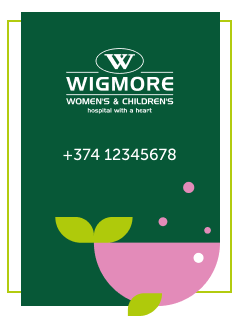The tongue is a muscular hydrostat on the floors of the mouths of most vertebrates which manipulates food for mastication. It is the primary organ of taste (gustation), as much of the upper surface of the tongue is covered in papillae and taste buds. It is sensitive and kept moist by saliva, and is richly supplied with nerves and blood vessels. In humans a secondary function of the tongue is phonetic articulation. The tongue also serves as a natural means of cleaning one's teeth.[2] The ability to perceive different tastes is not localised in different parts of the tongue, as is widely believed.[3] This error arose because of misinterpretation of some 19th-century research (see tongue map).
Etymology
The word tongue derives from the Old English tunge, which comes from Proto-Germanic *tungōn.[4] It has cognates in other Germanic languages — for example tonge in West Frisian, tong in Dutch/Afrikaans, tunge in Danish/Norwegian and tunga in Icelandic/Faroese/Swedish. The ue ending of the word seems to be a fourteenth-century attempt to show "proper pronunciation", but it is "neither etymological nor phonetic".[4] Some used the spelling tunge and tonge as late as the sixteenth century.
It can be used as a metonym for language, as in the phrase mother tongue. Many languages[5] have the same word for "tongue" and "language".
Figures of speech
A common temporary failure in word retrieval from memory is referred to as the tip-of-the-tongue phenomenon. The expression tongue in cheek refers to a statement that is not to be taken entirely seriously – something said or done with subtle ironic or sarcastic humour. A tongue twister is a phrase made specifically to be very difficult to pronounce. Aside from being a medical condition, "tongue-tied" means being unable to say what you want to due to confusion or restriction. The phrase "cat got your tongue" refers to when a person is speechless. To "bite one's tongue" is a phrase which describes holding back an opinion to avoid causing offence. A "slip of the tongue" refers to an unintentional utterance, such as a Freudian slip. Speaking in tongues is a common phrase used to describe glossolalia, which is to make smooth, language-resembling sounds that is no true spoken language itself. A deceptive person is said to have a forked tongue, and a smooth-talking person said to have a silver tongue.












